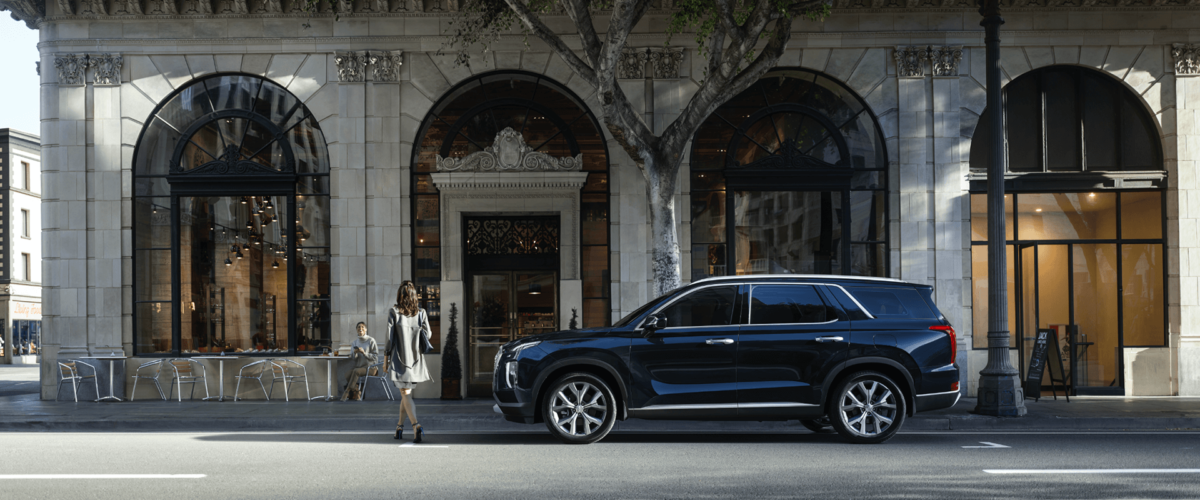- Hyundai’s first offshore fuel cell system plant to be built in Guangzhou, China.
- Construction to begin next month, to be completed in the second half of 2022
- New plant will initially produce 6,500 fuel cell systems a year and aims to gradually increase capacity in line with market demand
- Investment advances the Group’s global hydrogen leadership and supports its push into China’s rapidly growing hydrogen industry
Bahrain, January 21, 2021: Hyundai Motor Group (the Group) announced today that it signed an investment contract with the government of Guangdong Province to establish an offshore fuel cell system production facility in Guangzhou, China. The investment advances the Group’s global hydrogen leadership and supports its push into China’s rapidly developing hydrogen industry.
Attendees at the signing ceremony included Kwang Guk Lee, President and Head of China Operations at the Group; Hyuk Joon Lee, Senior Vice President and Chief Government Affairs Officer of Hyundai Motor Group China Ltd.; Lin Keqing, Executive Vice Governor of Guangdong Province; Hu Hong, Vice Mayor of Guangzhou Municipal Government; and Chen Yong, District Chief of Huangpu District Guangzhou Municipal Government.
Construction is scheduled to begin next month and will be completed by the second half of 2022. The plant will be the Group’s first fuel cell production base outside of Korea, with the initial capacity to produce 6,500 units of fuel cell systems per year. The Group will gradually increase the capacity in line with market demand.
China’s rapidly growing fuel cell system industry.
The Guangzhou plant will leverage the Group’s extensive expertise in fuel cell system production to secure a technological leadership position in China’s rapidly developing hydrogen industry. At the new plant, the Group will manufacture the same proven fuel cell systems that are used for Hyundai Motor’s NEXO fuel cell electric SUV.
Moreover, the Group will work with Chinese companies to participate in the Guangdong government’s hydrogen-related pilot project and initiatives, which will help Hyundai secure a competitive advantage in China’s hydrogen industry. Global companies from Japan, Germany, the UK and other countries have also been working with the Chinese partners to develop technology related to fuel cell vehicles and to advance the local hydrogen industry.
In October 2020, the China Society of Automotive Engineers released a technology roadmap, under the guidance of the Ministry of Industry and Information Technology. The roadmap reflects China’s ambition to foster a hydrogen economy, adding that the country aims to have 1 million FCEVs on its roads by 2035 centering on commercial vehicles.
The Group’s hydrogen strategy
In December 2018, Hyundai Motor Group announced its own long-term roadmap, ‘Fuel Cell Vision 2030’, to reaffirm its commitment to accelerate the development of a hydrogen society by leveraging its global leadership in fuel cell technologies. As part of this plan, the Group aims to produce 700,000 fuel cells annually to meet demand from various industry sectors.
The Group has decades of experience in fuel cell system development, having introduced the world’s first mass-produced fuel cell electric vehicle, the ix35, in 2013, followed by the second-generation NEXO, in 2018. The Group also successfully delivered the first seven units of its XCIENT Fuel Cell trucks, the world’s first mass-produced fuel cell electric heavy-duty truck, to customers in Switzerland in late 2020.
As part of the Group’s effort to foster zero-emission society, Hyundai recently launched HTWO, a new brand to represent its world-leading hydrogen fuel cell system. It has also strengthened its research and development capabilities and partnerships across a multitude of industries to lead development of the hydrogen economy.
